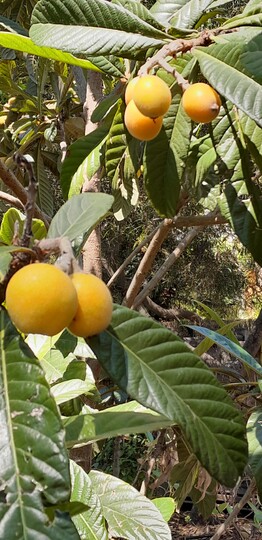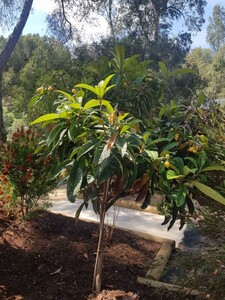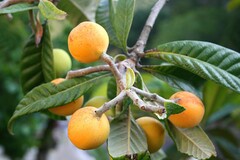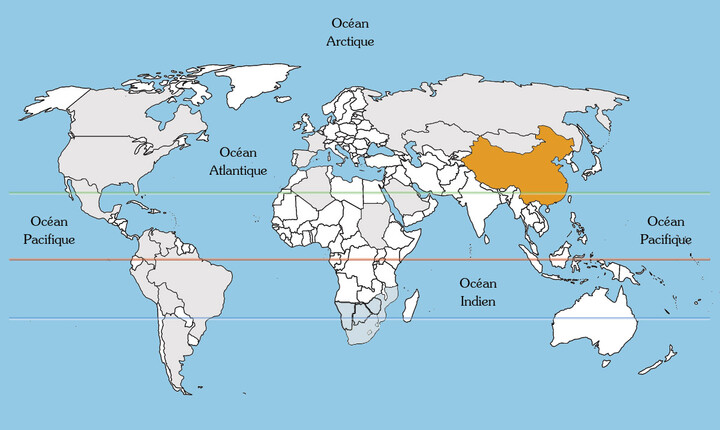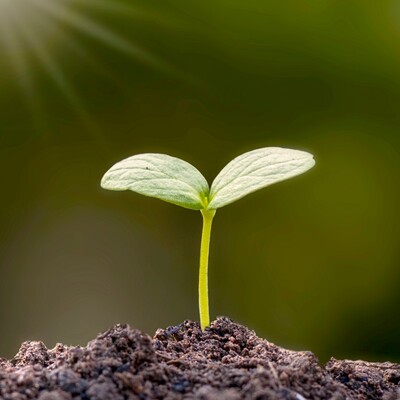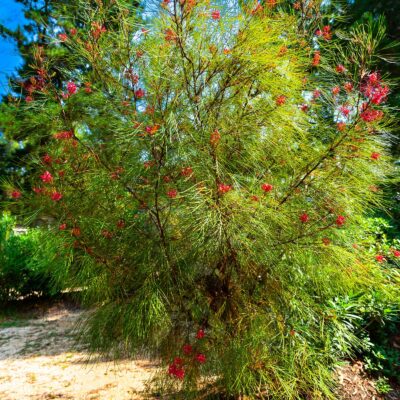Japanese Medlar
Presentation
An exceptional natural remedy
In France, people used to tell children they would “eat medlars” if they didn’t finish their meal! 🙂
The Japanese medlar is a fruit tree that actually originates from China. It thrives in Mediterranean and tropical climates such as California, Florida and that of your favourite seaside campsite in the Var area, French Riviera-Côte d’Azur! It generally flourishes happily throughout the Mediterranean basin. It is also sometimes referred to as the Japanese Plum.
Widely grown for its sweet and juicy fruit, it is however less well-known than other exotic fruit varieties. Yet the Japanese medlar deserves special attention due to its many virtues and delicious taste. The fruits of the Japanese medlar, commonly called “medlars”, are fleshy and slightly velvety yellow-orange berries. Their sweet and tangy flavour makes them a popular treat, often eaten raw, or in jams or compotes.
Numerous health benefits
Rich in vitamins C, A and fibres, this exotic fruit strengthens the immune system, promotes skin health and assists the digestion.
Additionally, some studies suggest that medlar leaf extracts may have antioxidant and anti-inflammatory properties, making them of potential benefit for the prevention of certain chronic diseases.
The tree itself is also appreciated for its evergreen foliage and ability to withstand varied climatic conditions, including that of the Var area, making it a popular decorative choice for gardens and green spaces alike.
The tree’s Latin name, Eriobotrya means “cluster of wool”, in reference to the fine down found on the clusters of white flowers.
Identity
| Latin name : | Eriobotrya japonica |
|---|---|
| Family : | rosaceae |
| Genus : | eriobotrya |
| Species : | japonica |
| Color : | White flowers, greenish yellow fruit |
| Origin : | China |
| Foliage : | Evergreen |
| Port : | Perennial |
| Height : | Up to 12 m |
| Flowering : | Autumn |
| Location : | Allée de l’Argentière, near our PRM mobile homes (Nr. 11 on the botanical footpath plan). |
Did you know?
Medlar leaves are used to make herbal teas.

